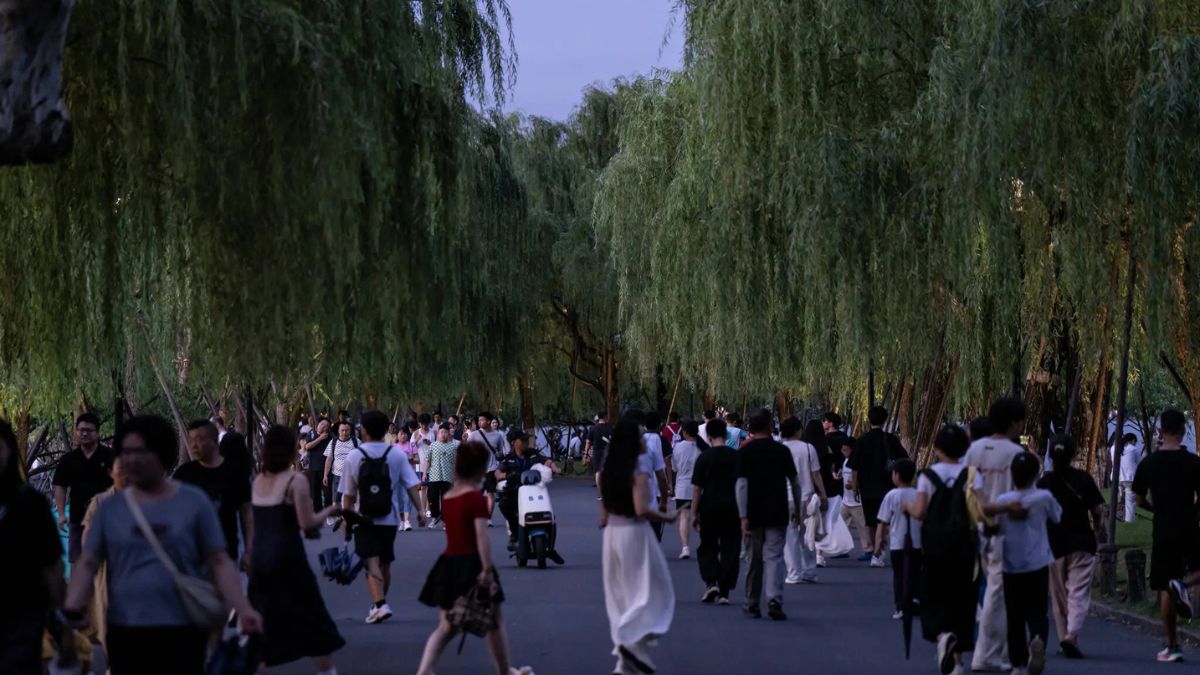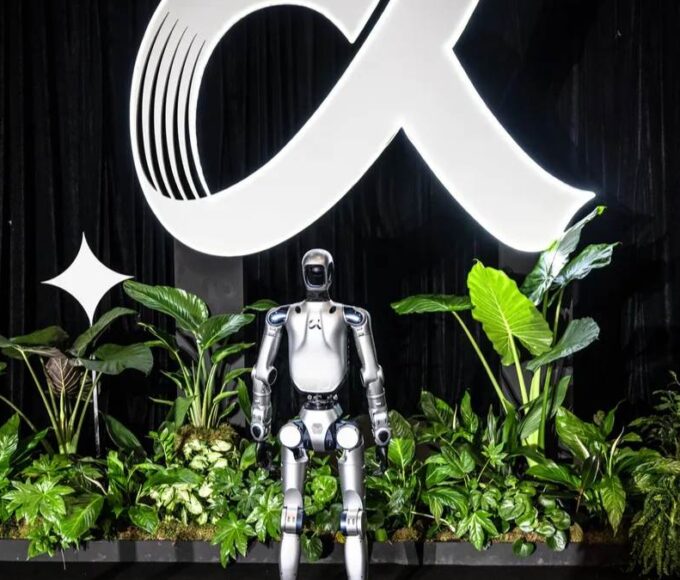Hangzhou, a southern Chinese city famous for its scenic West Lake, is rapidly becoming a major centre for artificial intelligence innovation. The city’s suburban area of Liangzhu has turned into a vibrant community where aspiring tech entrepreneurs gather to share ideas, develop start-ups, and build new A.I. technologies.
This rise is supported by a decade of government incentives, including subsidies and tax breaks, which have helped hundreds of start-ups flourish. Many tech workers fly in from China’s major cities like Beijing, Shanghai, and Shenzhen to join Hangzhou’s growing tech scene.
The city is home to influential tech giants such as Alibaba and DeepSeek, whose open-source A.I. models have gained global recognition for their performance and affordability. Other successful local companies include NetEase, Hikvision, and several robotics and gaming firms collectively nicknamed the “six tigers of Hangzhou.”
These start-ups benefit from proximity to Zhejiang University, which produces highly sought-after graduates who often join local companies. The region’s entrepreneurs—often called “villagers”—work in coffee shops by day and collaborate on projects by night, driven by a shared ambition to create the next big tech company.
However, despite strong government support, founders face challenges. Some worry that government ties might deter foreign investors, limiting opportunities to expand internationally. Others are concerned about access to advanced computer chips needed for A.I. development, as U.S. export restrictions complicate supply chains.
Innovators in Hangzhou are exploring “agentic A.I.” systems—intelligent programs capable of acting independently. For example, local start-ups are developing digital companions that adjust responses based on users’ moods or A.I. tools that assist with everyday tasks to free users’ mental space.
Liangzhu’s unique culture, scenic environment, and supportive community have helped fuel this creativity. Entrepreneurs like Felix Tao, a former Alibaba and Facebook employee who now runs Mindverse, emphasize that many young founders are bravely choosing new paths in China’s competitive tech landscape.
As Hangzhou continues to grow its A.I. ecosystem, it aims to compete with global tech hubs like Silicon Valley, offering a distinctive blend of government support, academic talent, and an innovative community.











